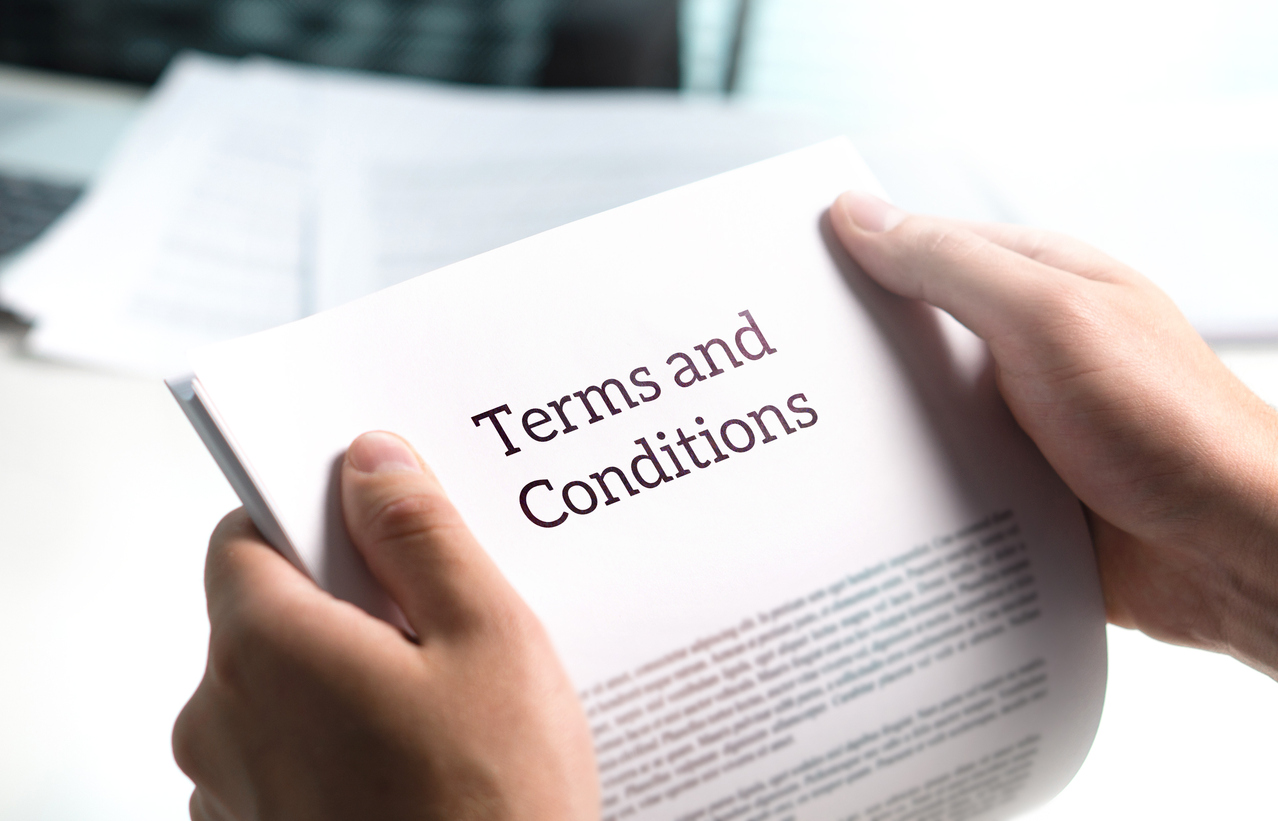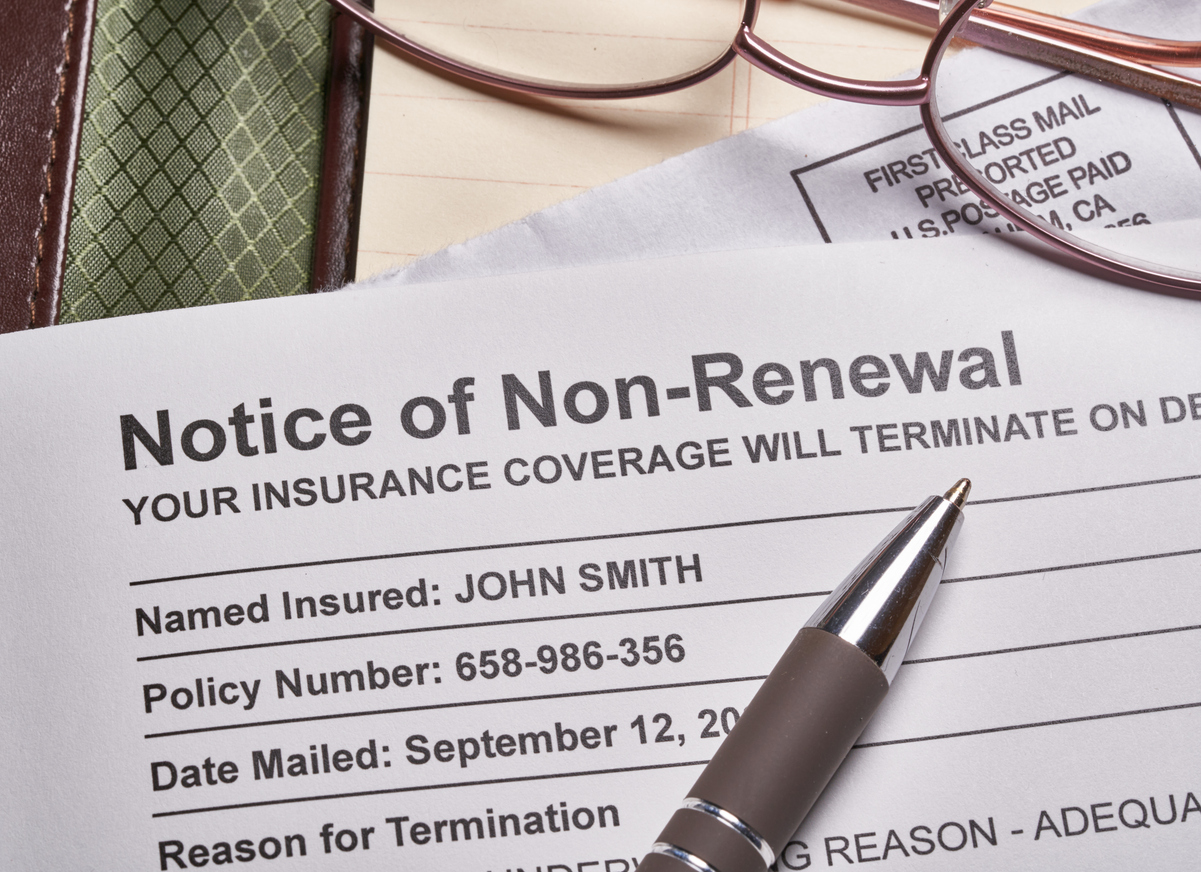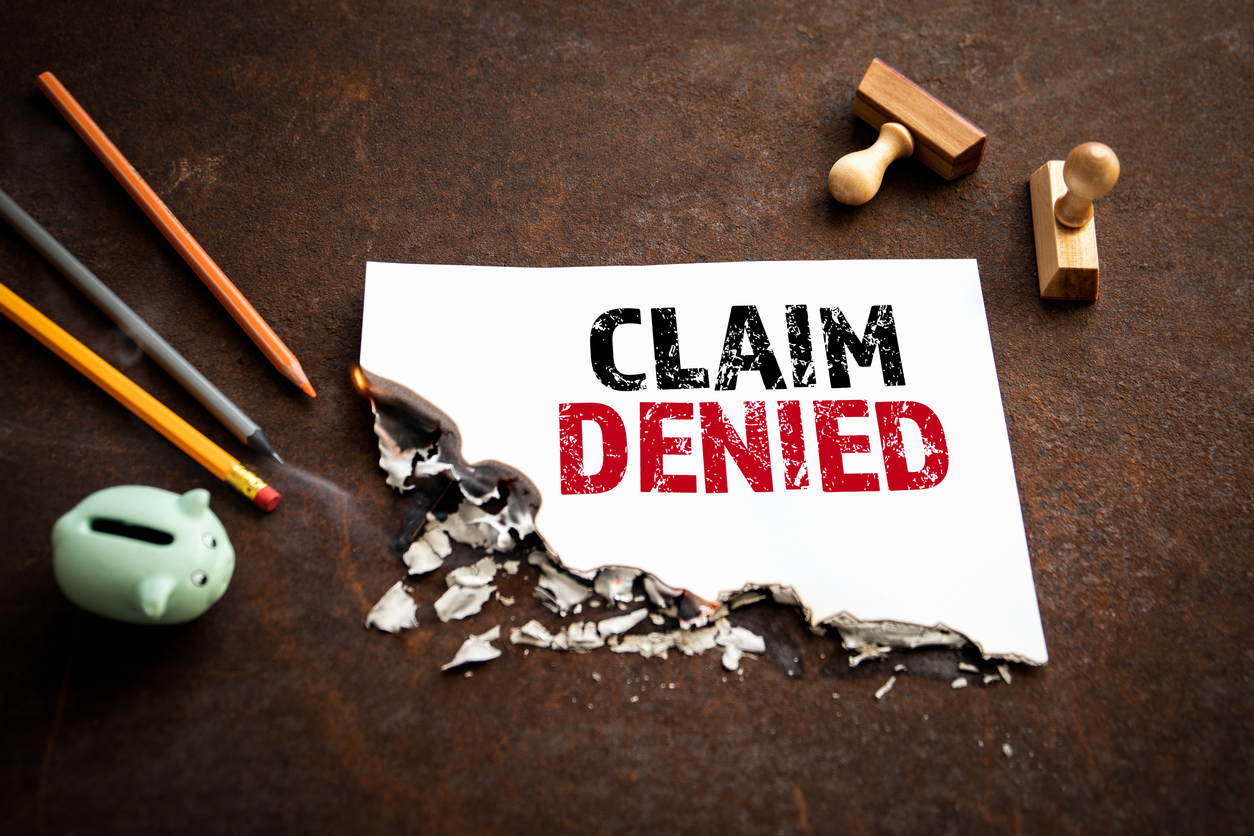A California policyholder’s compliance with all insurance policy conditions is required for claim payment. Understanding the conditions will prevent an unnecessary claim denial and will often speed up claim payment. With yet another historic and tragic fire season occurring this year, let’s review the common policy conditions that are typically encountered during the claim adjustment and the best way to manage and ensure the policyholder’s compliance.
To begin with, and in general, insurance policies usually condition the insurer’s obligation to pay benefits upon the insured’s compliance with various provisions governing presentation of claims. In a standard residential or commercial property policy, these conditions are typically found in the policy section often aptly entitled “Conditions.” Not all conditions are given literal effect, and all that is required is substantial compliance. Some conditions can be even be excused if there is no prejudice to an insurer’s investigation.
A summary of pertinent policy conditions is as follows:
Notice of Loss – All first-party insurance policies require the insured to give the insurer timely notice of a claim. In California, if there is a delay in notice but no prejudice to the insurer, then an insurer cannot deny a claim solely based on delayed notice Lat v. Farmers New World Life Ins. Co. (2018) 29 Cal.App.5th 191. The insurer has the burden of demonstrating and establishing prejudice; the insurer must show it lost something that would have changed the handling of the underlying claim. Id. at 196-197. The necessary prejudice is usually the insurer’s inability to investigate a claim. Id. As a practice tip, submit claims as soon as reasonably possible. If a claim is being submitted late, document in a written communication how the insurer can still fully determine the cause and scope of the loss.
Proof of Loss – Generally, an insurer may properly reject a proof of loss only for omissions and insufficient descriptions. If the insurer promptly notifies the insured that it is rejecting the proof of loss as incomplete, the insured has the right to correct any mistakes or errors and supply additional information. When an insurer requests a proof of loss, submit it as soon as possible because the policy may require the insurer to pay the claim within a short period (e.g., 60 days) after receipt of formal proof of loss.
Note that the “Fair Claims Settlement Practices Regulations” require that if an insurer cannot accept or deny a claim in whole or in part within 40 days after receiving proof of a claim, it must provide the insured with a written notice advising of the need for more time and must “specify any additional information the insurer requires in order to make a determination and state any continuing reasons for the insurer’s inability to make a determination.” It must continue to provide such written notice every 30 days thereafter until it makes a determination or is served with notice of a legal action. 10 Cal. Code. Reg. §§ 2695.7(b), 2695.7(c)(1). Thus, submit all claim amounts in writing. If the claim is not paid and the insured does not timely comply with these legal requirements, let the insurer know in writing. Do this each and every time there is no timely payment and explain why the claim has not been paid.
Cooperation in Investigation of Claim – This typically involves requests for documents, inspections of the insured property, and the appearance for an examination under oath (“EUO”). As to EUOs, this is a policy condition for which an insured must comply. If the insured refuses to submit to an EUO or to answer particular questions that the insurer deems material, the insurer may assert such refusal as a defense to payment of the claim. Robinson v. National Auto. & Cas. Ins. Co. (1955) 132 Cal.App.2d 709. An insurer need not show prejudice before denying policy benefits to an insured who has violated a policy provision requiring submission to an EUO. Compliance with the policy requirement for an examination under oath is a condition precedent to any payment of any claim, and the refusal to submit to such an examination forfeits any rights under the policy. Brizuela v. CalFarm Ins. Co. (2004) 116 Cal.App.4th 578. At an EUO, a California insured can be represented by an attorney, who can assert objections under the Evidence Code. But an attorney should be careful not to instruct the insured not to answer a question that could potentially lead to information regarding a claim. This could lead to a claim denial.
Provisions Limiting Insured’s Time to Sue (Contractual Limitations) – Most first-party policies contain provisions limiting the time when a policyholder can sue after the loss. Most policies limit the time to file suit to one or two years after the date of the loss. Although California allows for a four-year statute of limitations for breach of policy claims, policy provisions shortening the time to file suit are valid as a matter of law. Prudential-LMI Commercial Ins. v. Supreme Court (1990) 51 Cal.3d 674, 684. A suit limitations provision is not subject to the prejudice rule. The insurer need not prove prejudice resulting from the insured’s delay in filing suit beyond the suit limitations. Please note that the time to file is suit is tolled during an insurer’s investigation, i.e., “from the time the insured files a timely notice, pursuant to policy notice provisions, to the time the insurer formally denies the claim in writing.” Id. at 678. Thus, if an insured has a policy with a one-year suit limitation provision, had a loss on January 1, 2021, and provided notice of the claim on January 2, 2021, the suit limitations period would begin to toll. The moment the insured formally denies the claim, the insured would have to file suit within 364 days, i.e., one year less the day that passed from the time of the loss until notice was provided.
As to document requests and inspections, the prejudice rule plays an important role in pushing back on overbroad and unreasonable requests. If you are in a situation where the insurer’s document requests are for seemingly every document under the sun, not complying may be warranted in certain circumstances. Before refusing to comply with a document request, state in writing each document request that is overbroad, why not providing the documents will not prejudice the insurer’s investigation and request the insurer explain why the documents are necessary for it to adjust the claim fully, so you can better evaluate the request.
If you have any questions on conditions as to a wildfire claim or any other claim, please do not hesitate to let Merlin’s California attorneys know.




